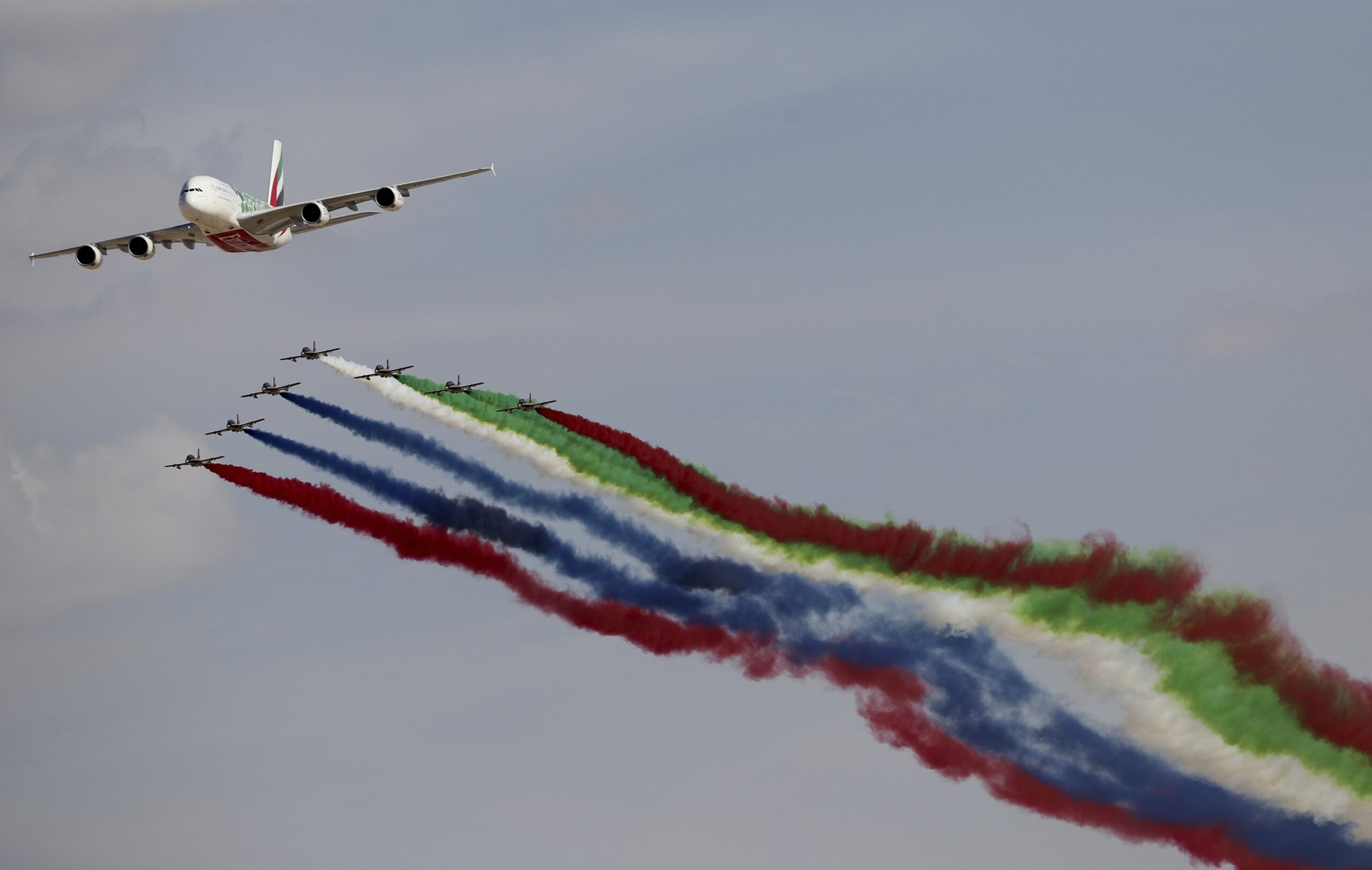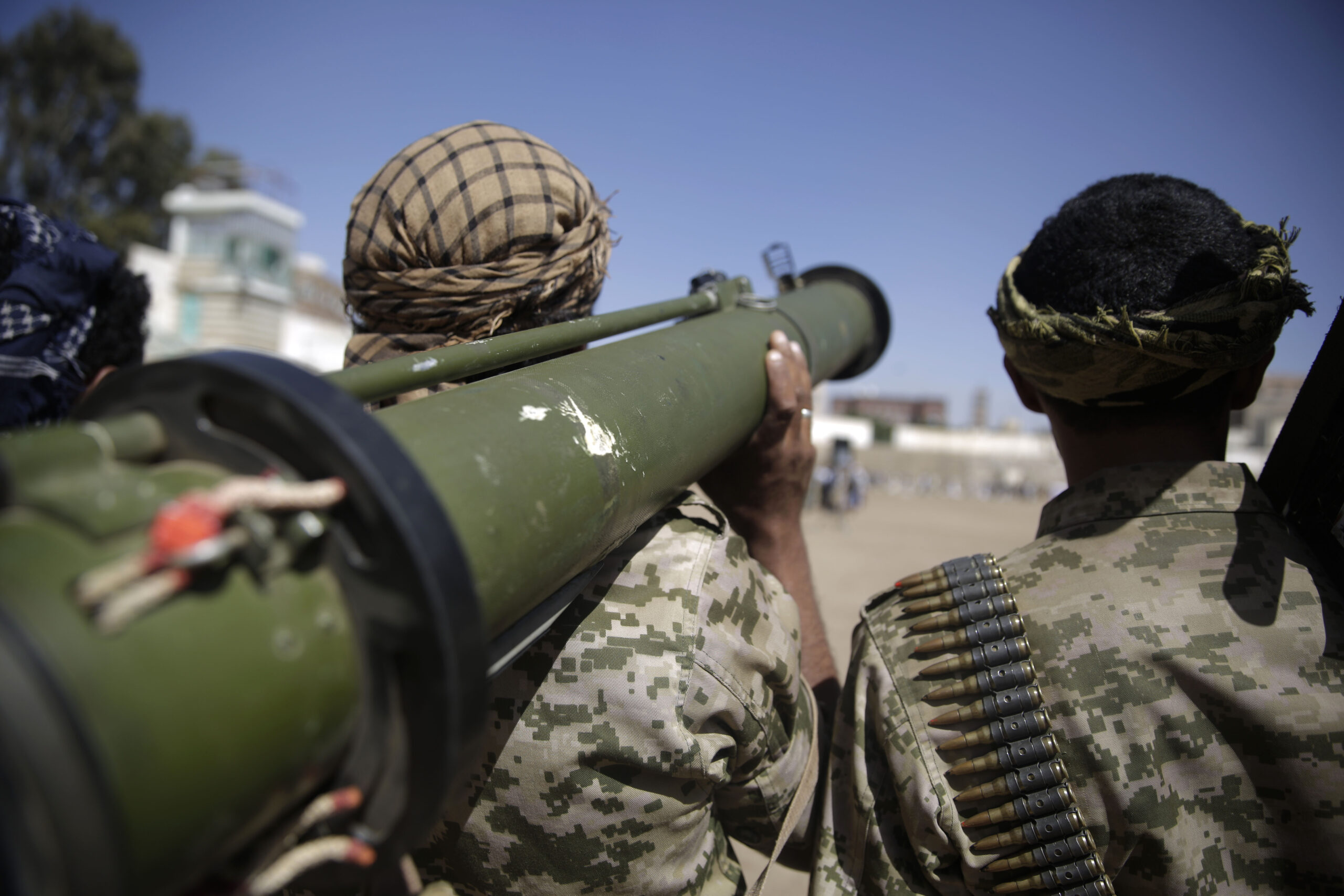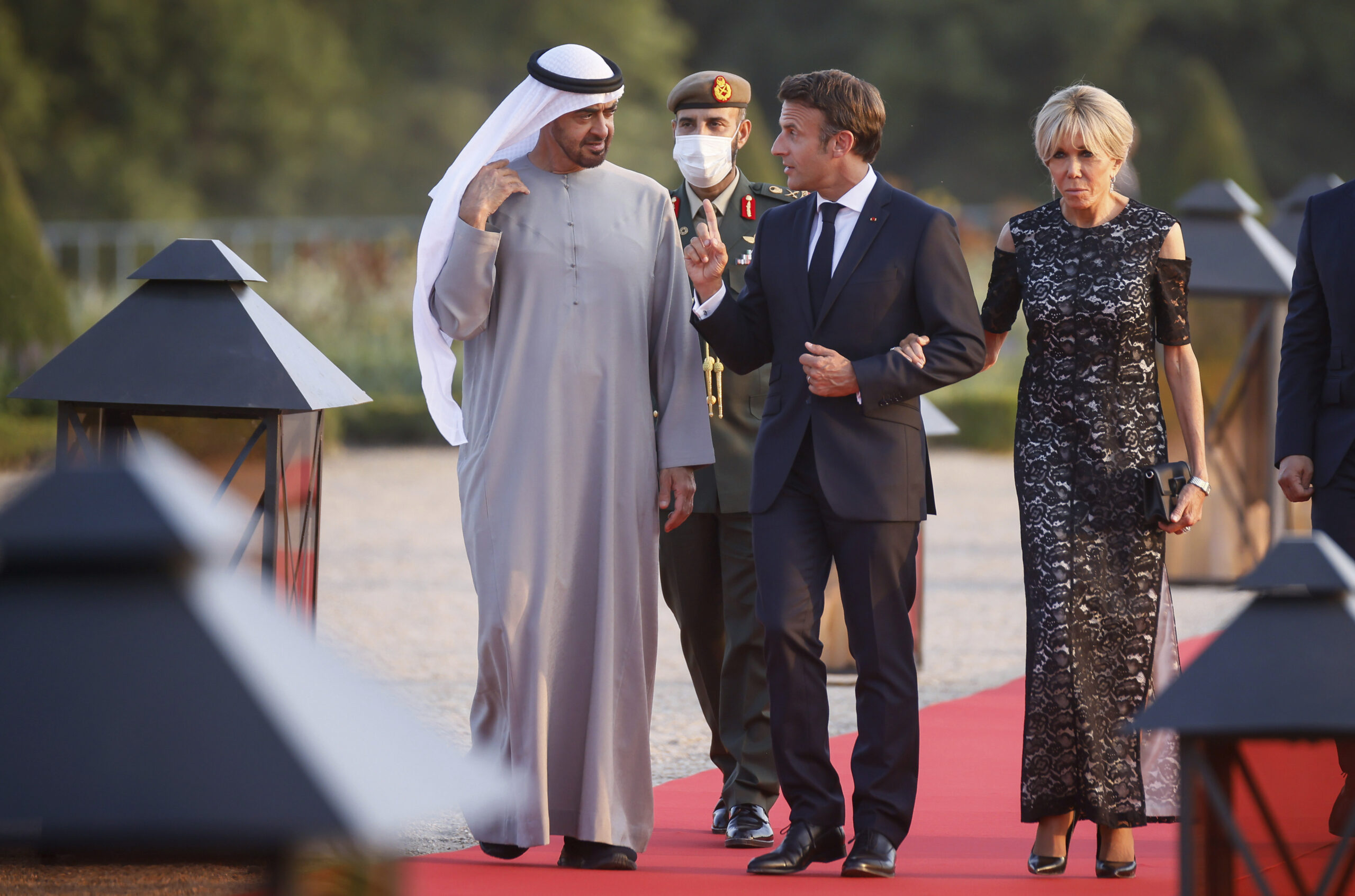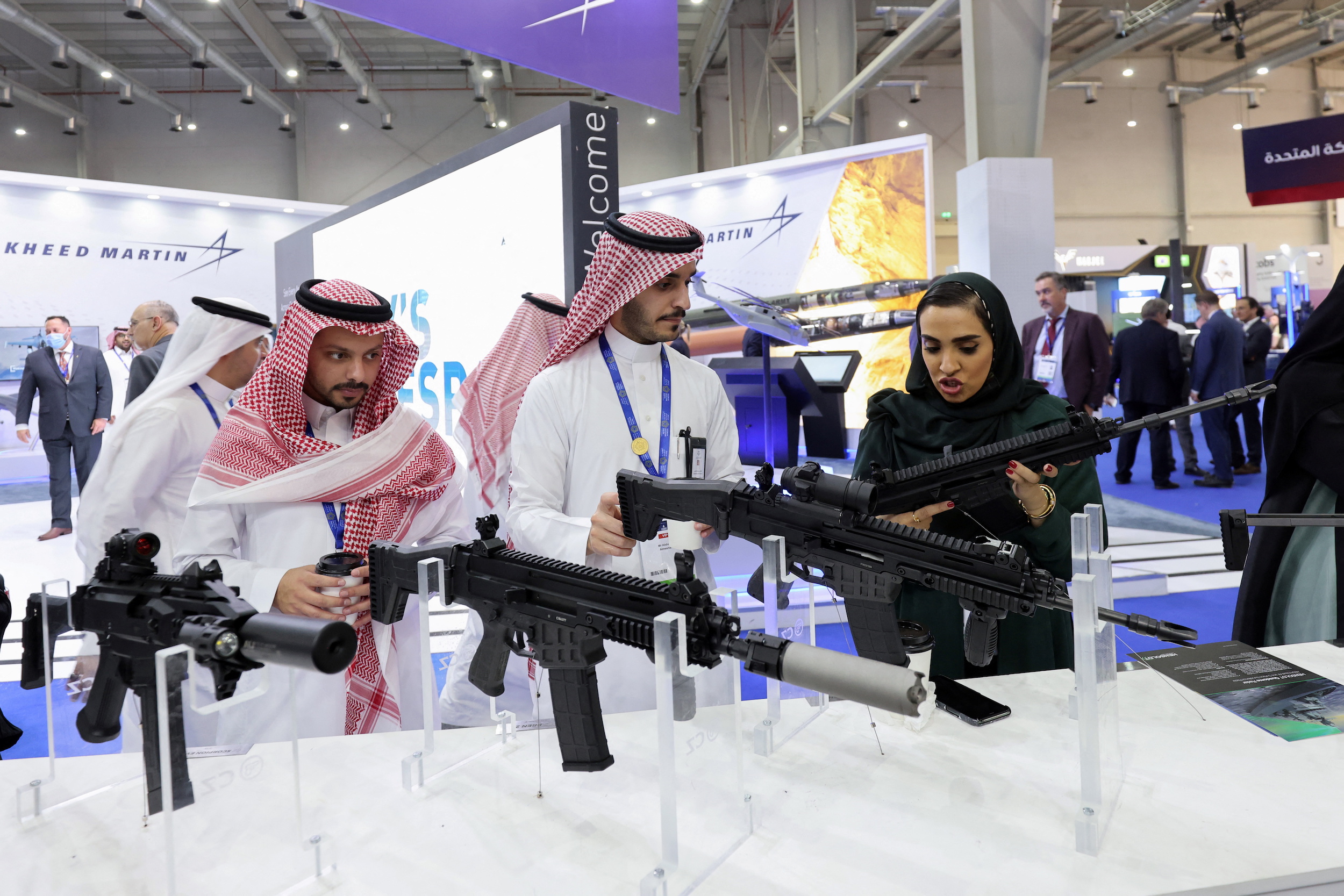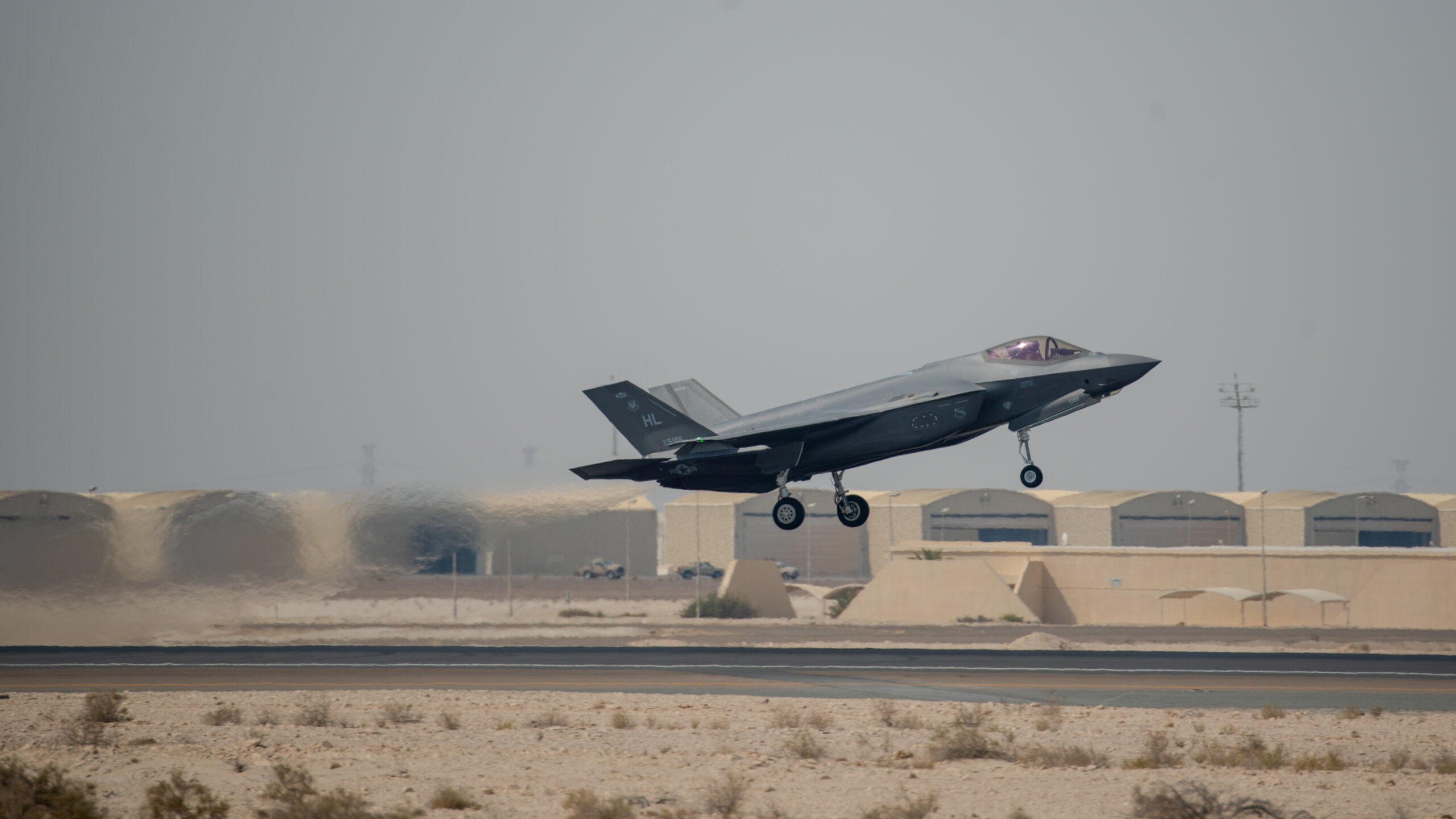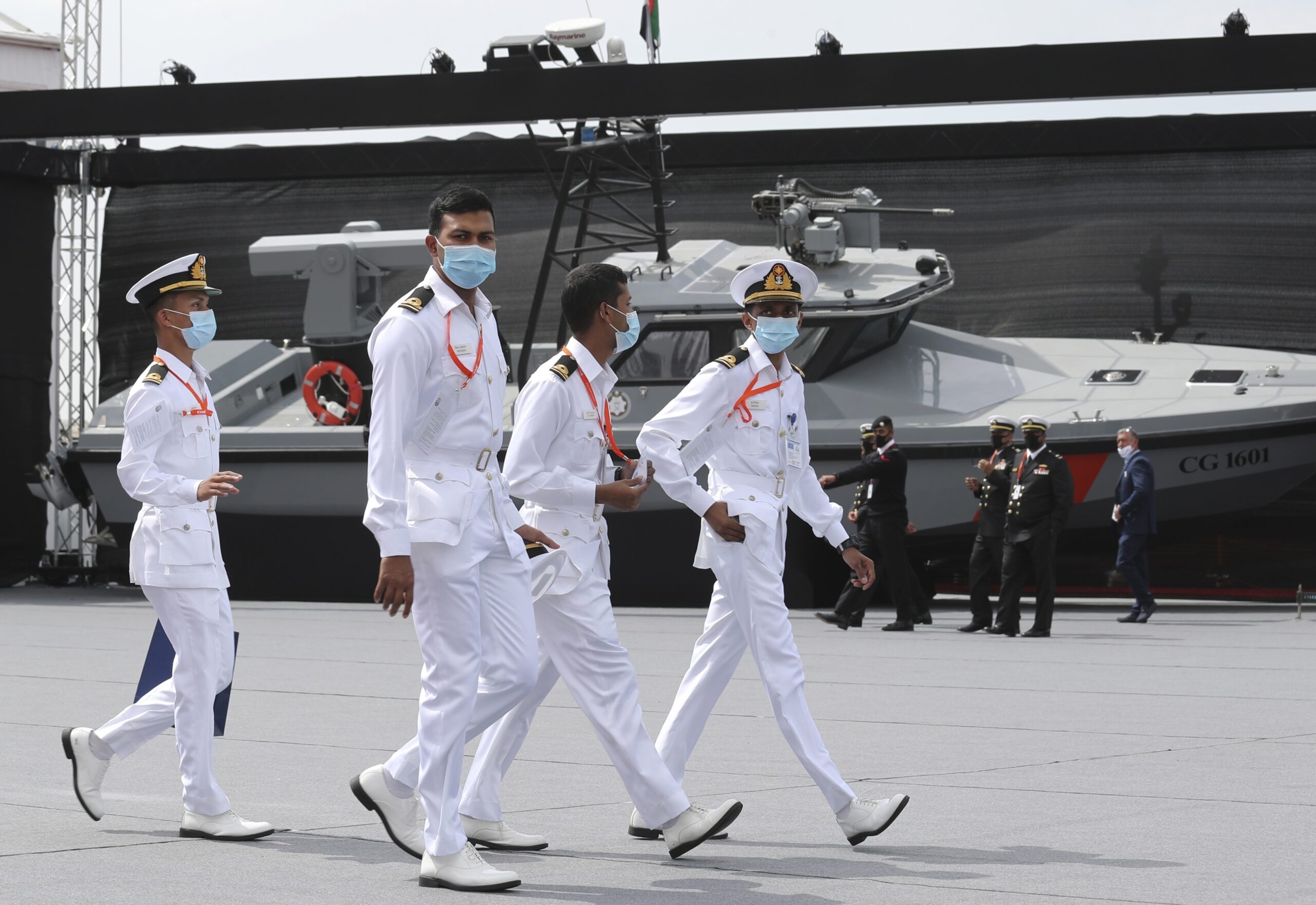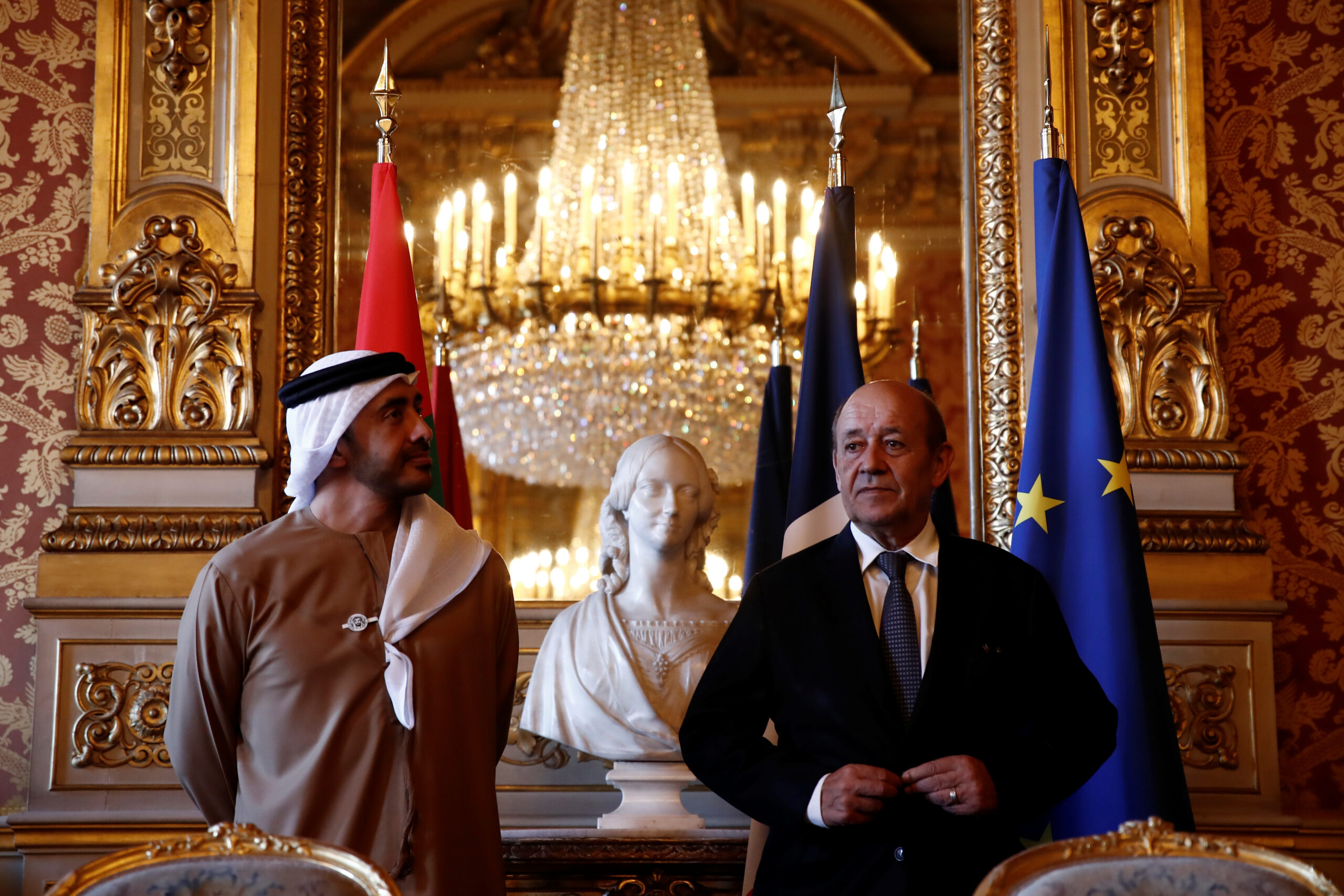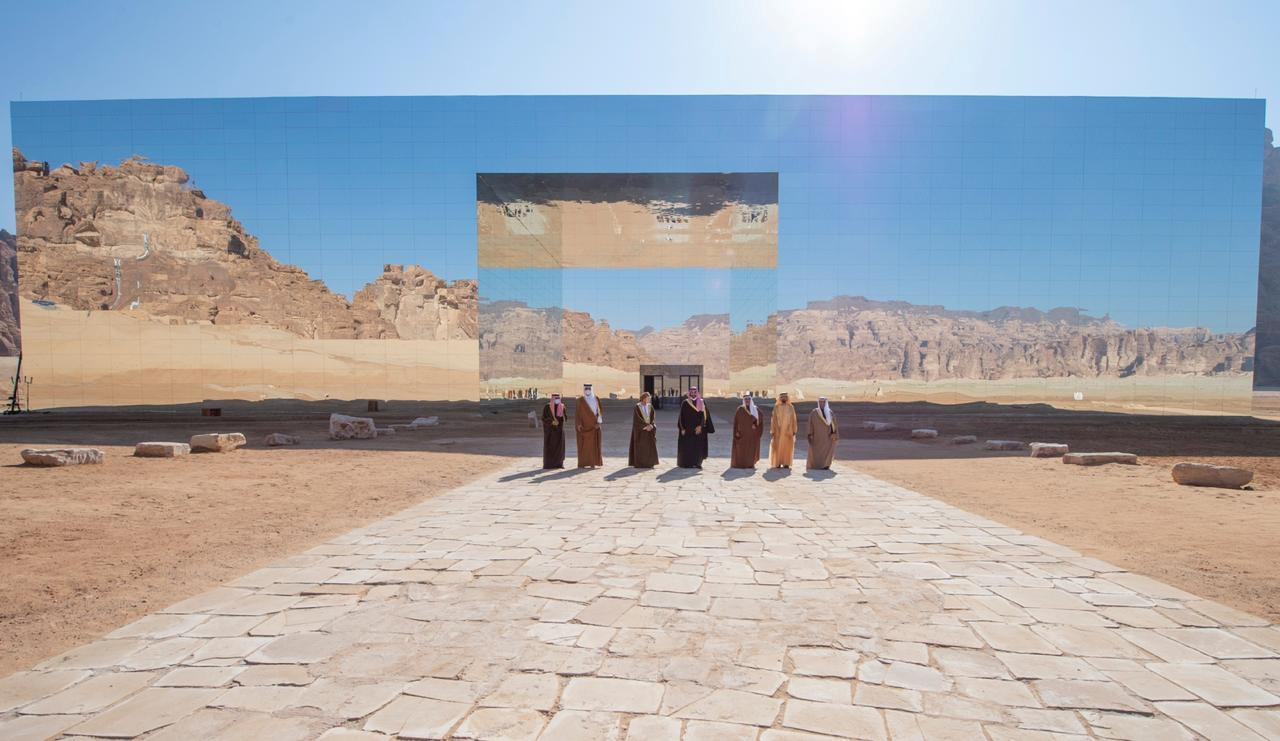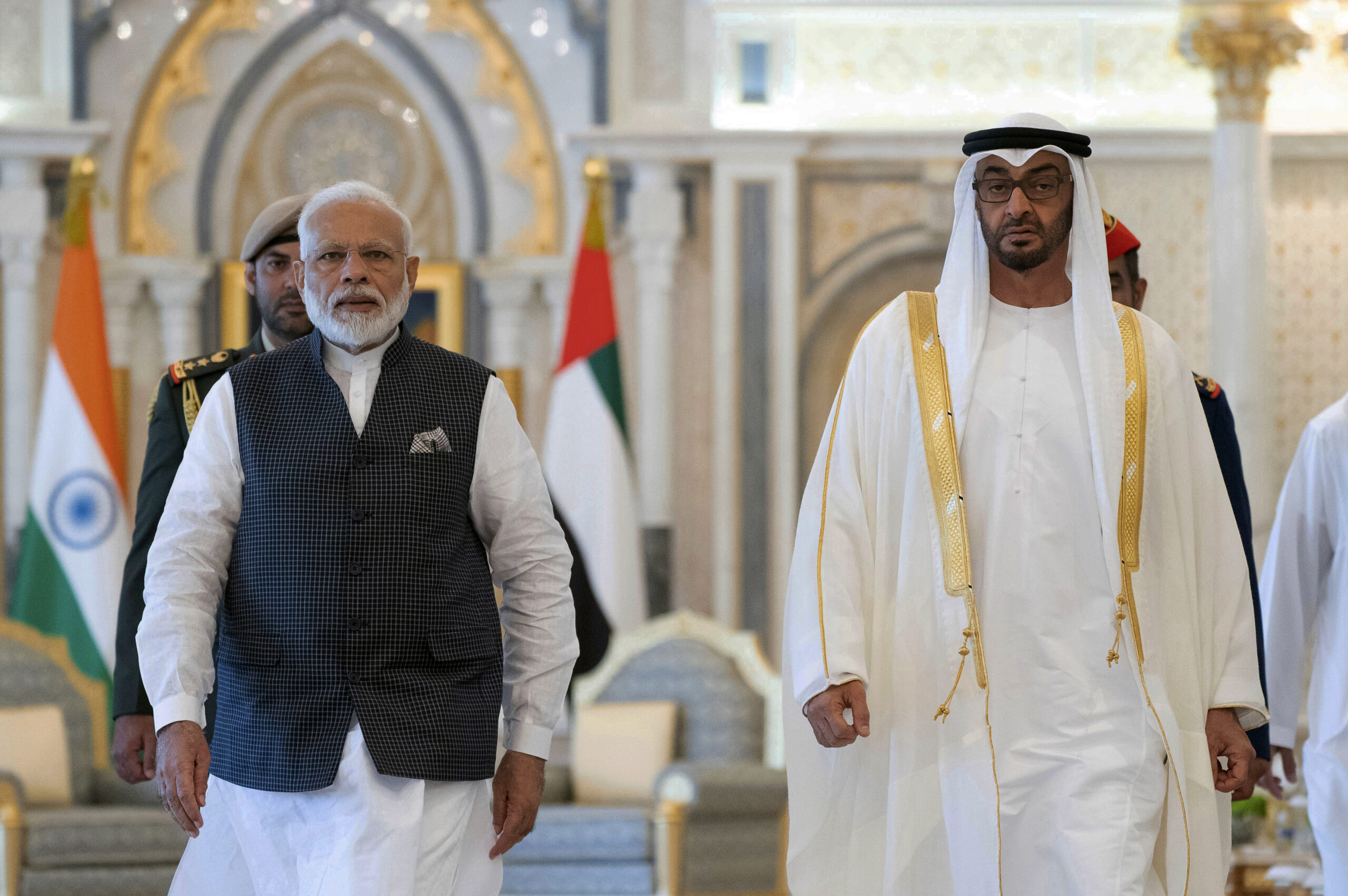Gulf Security in a Multipolar World: Power Competition, Diversified Cooperation
The international relations of the Gulf Arab countries increasingly have been characterized by a diversification of partnerships, including in a field that has historically been deemed the preserve of the United States and European allies: arms trade, and defense and security cooperation.
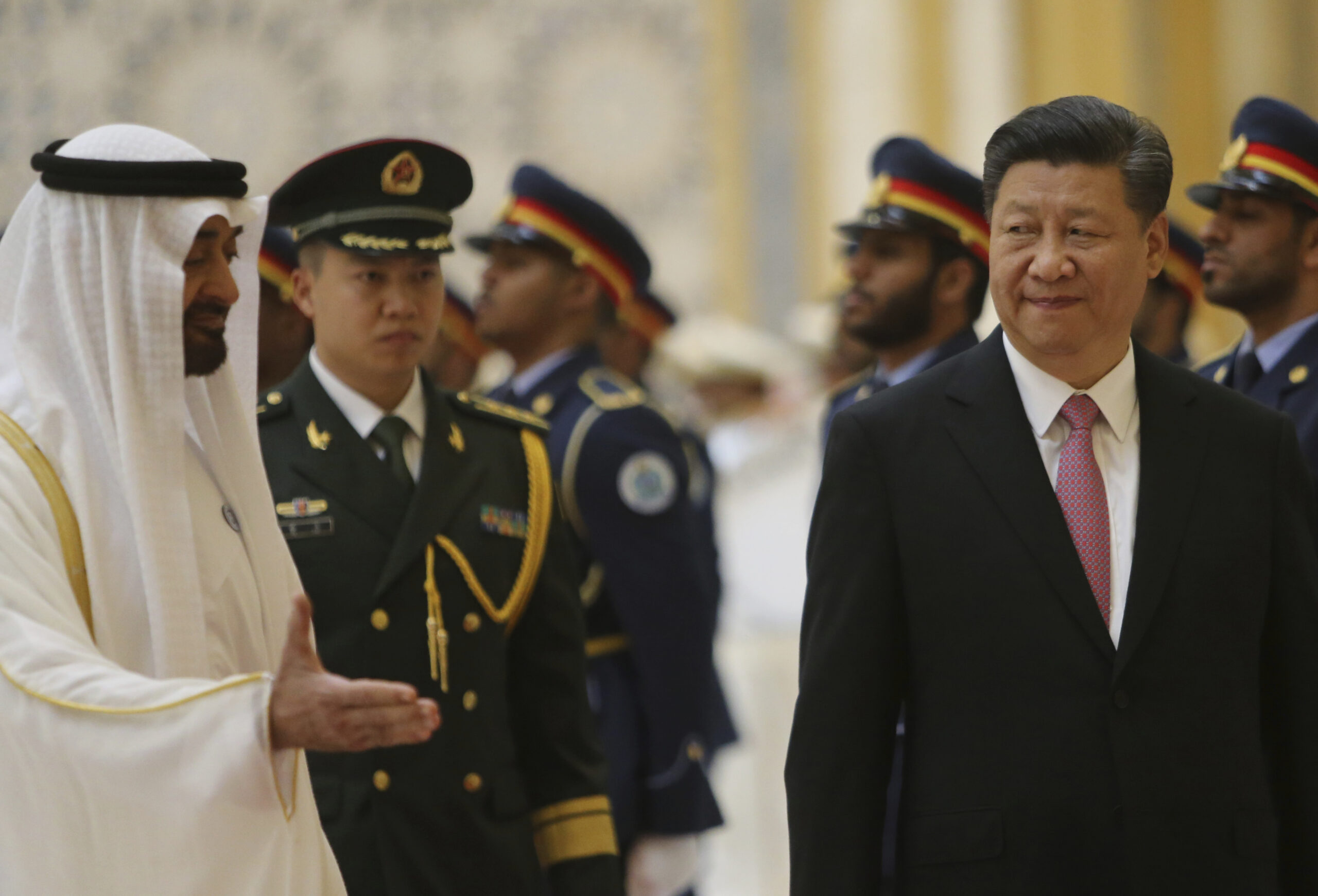
Executive Summary
The Gulf region has long been considered a “Western lake” – formally British with the colonial presence of the United Kingdom until the early 1970s, and less formally American given the continued military footprint of the United States, starting with the Naval Support Activity Bahrain. But lately the international relations of the Gulf countries increasingly have been characterized by a diversification of partnerships, including in a field that has historically been deemed the preserve of the United States and European allies: arms trade, and defense and security cooperation. What is the impetus for these new trends; what currents do they point to inside and outside the region; and are these dynamics likely to lead to a deep reshaping of Gulf security, with its center of gravity shifting away from traditional friends and guardians?
Giving an overview of evolving military cooperation and arms transfers between three Gulf Arab states (Saudi Arabia, the United Arab Emirates, and Qatar) and emerging outside powers, this paper evaluates the relative weight of these new partnerships. Additionally, it argues that the dynamics of these new partnerships point to changing underlying power strategies of the Gulf states. Traditional powers involved in the region should take this multipolarization of Gulf security into account to build new cooperation schemes.
The views represented herein are the author's or speaker's own and do not necessarily reflect the views of AGSI, its staff, or its board of directors.

